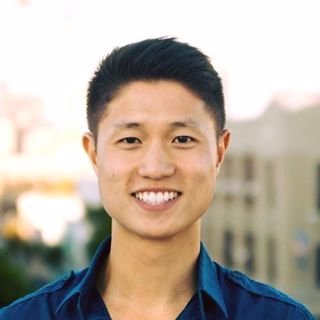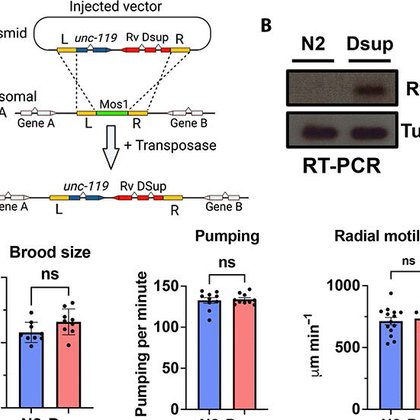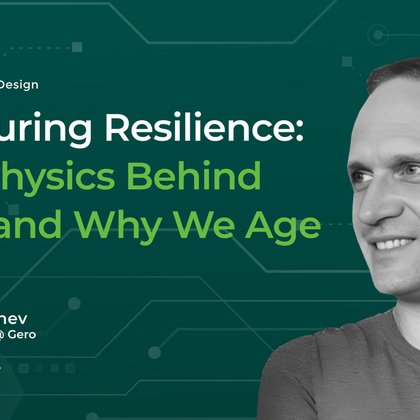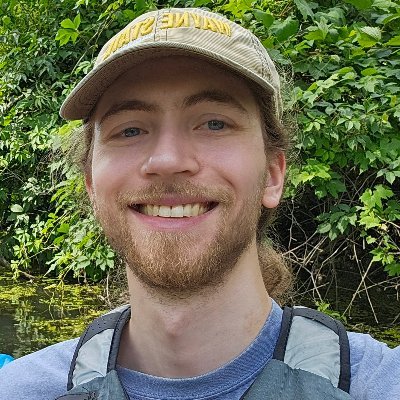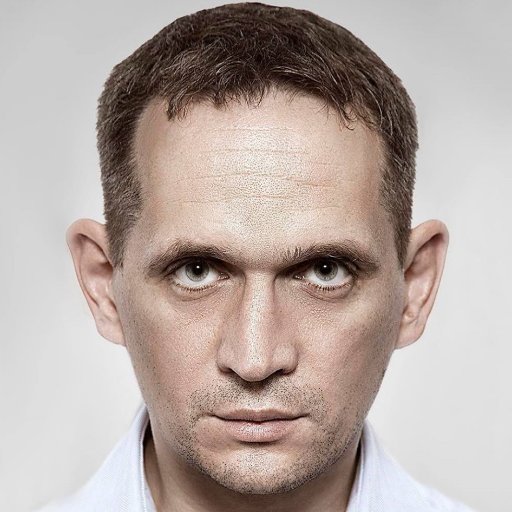
Peter Fedichev
@fedichev
Followers
5K
Following
3K
Media
266
Statuses
5K
A physicist in drug discovery land. On a mission to significantly extend human lifespan. Founder of Gero (@hacking_aging)
Singapore
Joined April 2009
BREAKING: Gero Signs Potential Multi-Billion-$ Deal to Fuel Our Mission to Stop Aging -- A few years ago, my son, aged five at the time, asked what happened to the dinosaurs. After learning their sad story, he told me he wanted to fly to the Moon and defend Earth from falling
57
91
507
Something other than X posts requires full attention atm. I should be back soon - mood of the day
3
0
4
Want to know what a transhumanist initiation looks like? Let me tell you - a week ago, asked @jangruber467 to give my kids a quick tour of his lab. Naturally, as real science tends to do, it escalated far beyond a “quick tour.” We started with liquid nitrogen: a fully inflated
3
9
61
True longevity biotech is heavy on the left and on the right and depends on the abundance in the middle
Recent advancements in one-shot AI protein / antibody development by Chai, Nabla, AI Proteins, Generate, and a few others are accelerating the *main* theme in biotech: Value of building the molecule is going down. The value of novel targets, novel translational ideas, AND also
1
0
12
And maybe to complete my reflections on the recent experiment in C. elegans showed that whole-body overexpression of Dsup - the DNA-protective protein from tardigrades—can modestly extend lifespan. It’s an intriguing result. And it naturally tempts one to imagine a therapy that
Almost a year ago, I wrote about species with bizarrely resilient biology—like tardigrades (a.k.a. water bears). These tiny creatures can survive extreme heat, cold, radiation, even outer space. It’s tempting to assume they were designed for space travel... yet they’re found
7
1
25
more on extreme species
In the last post, I highlighted the extraordinary abilities of tardigrades to withstand high levels of ionizing radiation (IR). These little guys are found in quite mundane environments, which makes you wonder—why maintain such robust DNA damage control capabilities unless,
2
0
4
Almost a year ago, I wrote about species with bizarrely resilient biology—like tardigrades (a.k.a. water bears). These tiny creatures can survive extreme heat, cold, radiation, even outer space. It’s tempting to assume they were designed for space travel... yet they’re found
As some of you know, I’ve been advocating the idea that aging in humans—not mice—is driven by accumulation of long-lived forms of molecular damage. If this is the case, then to understand damage suppression, and possibly even age reversal, we need to look around at species with
14
25
165
We’re optimizing for safety, not discovery -- producing endless variations of the same drug. @fedichev explains how Pharma's risk aversion is dangerous for innovation.
6
2
27
let's thank the concerned reader (@DrPatrickE) for a good question. z0 is the leading organism level stress response - in higher animal likely body composition/wound healing + components of innate immunity (aka inflammaging, see our https://t.co/UZtHASPJo1). The biological
@fedichev Hi Peter, I'm trying to get a better grasp on the meaning of the math in your preprint. Do you have an intuitive explanation of what z0 represents physiologically? Visualizing it with a simulation would go a long way. Also, how does your model explain lifespan scaling laws?
5
1
16
You're asking and answering the question "why do we age?" — we're answering the question "how do we age?" (in the sense of what causes it on a mechanistic level in an individual). These are two very different questions. Your argument explains why aging might be beneficial for
@fedichev Isn't the "why living systems age" quite obvious? To make space for offspring with genetic variants to have a better chance adapting to an ever changing environment.
6
2
41
We still don’t have a proper theory of aging. That’s remarkable, given how far biology has come. Despite centuries of speculation and decades of data, there is still no unified, quantitative framework that explains how and why living systems age—and how we might stop it. What
64
32
199
The hackathon kicks off on October 7 (9 AM SF / 6 PM CET) with @DeryaTR_’s inspiring opening speech and the presentation of challenges. Join the army of good — now over 700 participants strong. ✨ Late registration is still open @ https://t.co/cxUITzVLjb!
9
12
76
And another time soon
🔥Thrilled to spotlight our Featured Talk “Engineering the Path to Radical Life Extension”at The Scaling Summit during @token2049 Singapore! 🔗 https://t.co/PAFrDfxG3Q 🎙️Panelists: Peter Fedichev @fedichev , Co Founder, https://t.co/rozHdQRBEy
@hacking_aging 🕒Date and Time:
1
0
16
ProtoBind-Diff generated molecules showed activity in enzymatic assays against a tough target — with hit rates apparently higher than among DEL hits tested off-DNA against the same target.
Designing small molecules to hit protein targets is the holy grail of drug discovery, but it’s a beast of a problem. For years, I’ve been obsessed with finding a practical way to crack it. Coming from a physics background, my gut always leaned toward modeling—think docking +
2
2
25
Soon
Looking forward to talk about the @TTIScience approach to Life Extension at the Draper House in Singapore on 2nd of October. Thanks for hosting @infinitacity
@fedichev from Gero will continue and talk about their physics approach to longevity Join us: https://t.co/MMLPeUaUfd
1
0
12
Join the hackathon - join the forces to solve this and other challenges! please repost!
Simon @ZdarovaAll is spearheading an Aging Theory challenge. His ML drug-discovery benchmark paper was accepted by @NeurIPSConf in 2023. Why is it of utmost importance? We still lack a strong, predictive aging theory, let us fix it together. Simon is one of the smartest and
1
3
13

